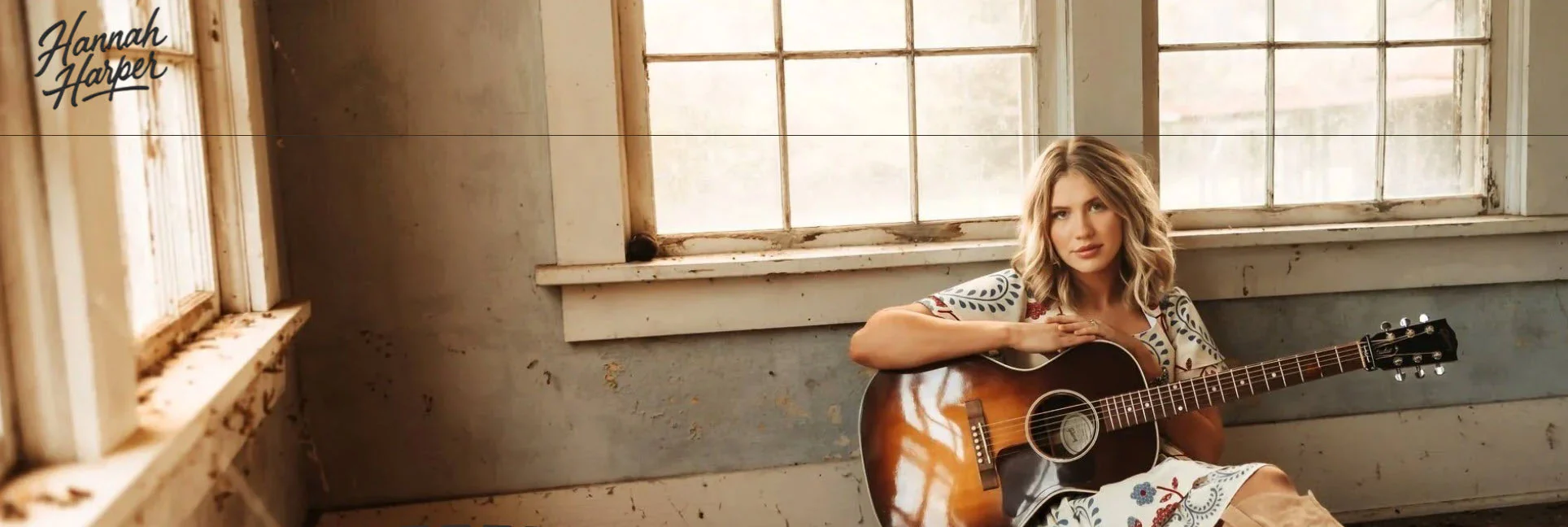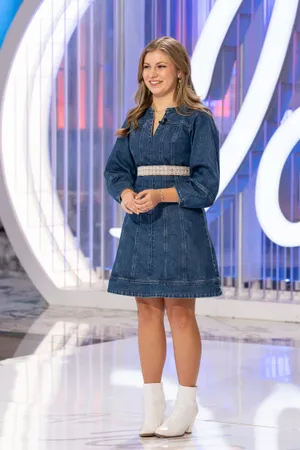Early Spoilers Point to Stunning Cuts, Unexpected Survivors, and a Top 20 That Could Change Everything
American Idol shook things up in a big way for Season 24. This year, all auditions were held at Belmont University in Franklin, Tennessee, and Hollywood Week was replaced by a Nashville-based round. By the end of “Nashville Week,” the competition was narrowed down to 30 contestants, who advanced to the newly introduced Ohana Round. … Read more









